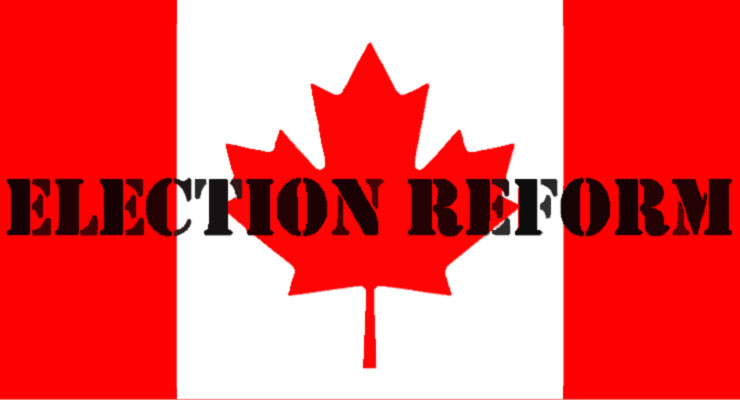 Canada has become a case study of campaign finance reform’s limitations, even when done with the best of intentions. Canada’s honorable but failed attempts at money politics reform contain lessons to be learned. This article in Jacobin, an American socialist quarterly magazine based in New York, is by the controversial Luke Savage and reflects on Canada and America’s experience. Here is an excerpt:
Canada has become a case study of campaign finance reform’s limitations, even when done with the best of intentions. Canada’s honorable but failed attempts at money politics reform contain lessons to be learned. This article in Jacobin, an American socialist quarterly magazine based in New York, is by the controversial Luke Savage and reflects on Canada and America’s experience. Here is an excerpt:
It’s worth asking why Canada has not become the social democratic utopia it is sometimes wrongly assumed to be. There are plenty of boring ways to answer the question, none of which are entirely untrue. Corporate lobbying, of course, still exists. The majority of Canada’s editorial boards have a right-wing bent. Think tanks like the Fraser Institute have been astonishingly successful at inserting their agitprop into the mainstream media. The better explanation, however, is probably even more straightforward. If we consider everything Canada’s Liberals have promised to do over the past thirty years, either explicitly or vaguely, we are inevitably left with nagging questions as to why the country continues to look the way it does — all of which are easily transferable to the American context, despite its many differences.
The answer, by way of Occam’s Razor, is that liberals tend to govern from the neoliberal center not because they’re forced to but because they want to. Restricting the power of money to influence politics may be urgent and necessary, but it does little to alter the ideological preferences of those who traditionally staff the halls of power.
Read the full article here. Also, visit the main Democracy Chronicles section on World Democracy or our articles on Worldwide Corruption.
Leave a Reply